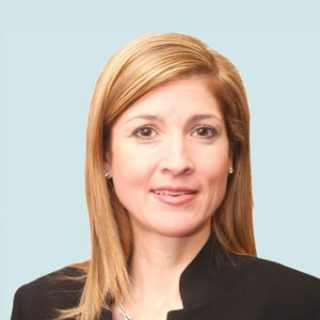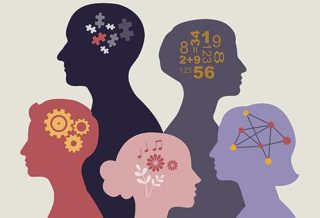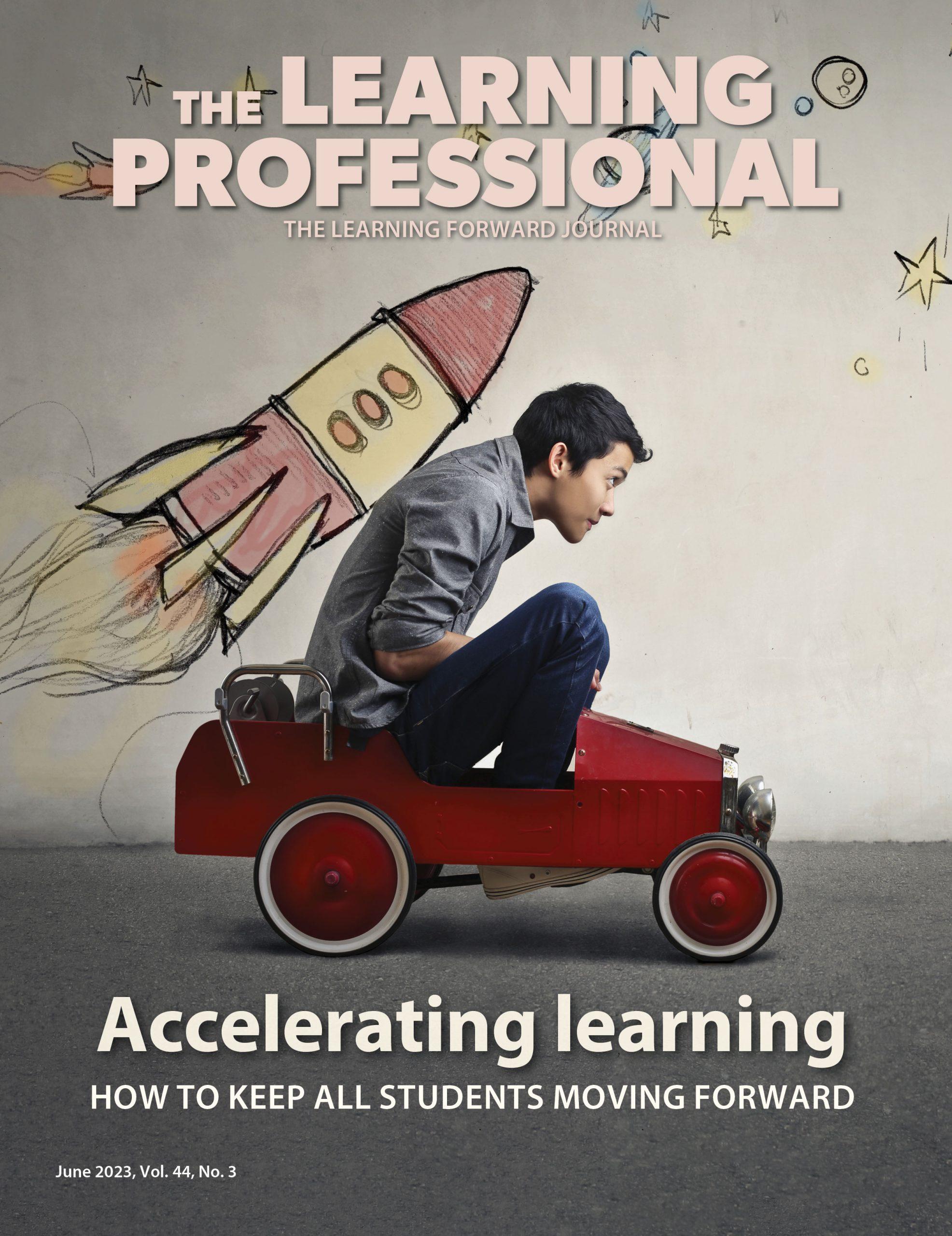FOCUS
A promising path toward equity
Restorative circles develop relationships, build community, and bridge differences
By Tala Manassah, Tom Roderick and Anne Gregory
Categories: Social & emotional learningAugust 2018
Vol. 39 No. 4
Read the remaining content with membership access. Join or log in below to continue.
Sed ut perspiciatis unde omnis iste natus error sit voluptatem accusantium doloremque laudantium, totam rem aperiam, eaque ipsa quae ab illo inventore veritatis et quasi architecto beatae vitae dicta sunt explicabo. Nemo enim ipsam voluptatem quia voluptas sit aspernatur aut odit aut fugit, sed quia consequuntur magni dolores eos qui ratione voluptatem sequi nesciunt. Neque porro quisquam est, qui dolorem ipsum quia dolor sit amet, consectetur, adipisci velit, sed quia non numquam eius modi tempora incidunt ut labore et dolore magnam aliquam quaerat voluptatem.
What are Restorative Practices?
Restorative practices differ from traditional school discipline: They focus on strengthening relationships, collaborative problem solving, and giving voice to the person harmed and the person causing the harm. Restorative practices in schools arose from the restorative justice movement in which victims, offenders, and others involved meet to resolve conflict and repair relationships.
While many restorative practices programs focus primarily on changing the way adults address discipline problems when they occur, some also aim to prevent conflicts from happening in the first place by fostering trust and a sense of community among students and adults through strategies such as classroom circles. Circles are a particularly powerful strategy for addressing the developmental needs of adolescents because they offer deep opportunities for cultivating a sense of belonging and for self-expression.
References
Fabelo, T., Thompson, M.D., Plotkin, M., Carmichael, D., Marchbanks, M.P., & Booth, E.A. (2011). Breaking schools’ rules: A statewide study of how school discipline relates to students’ success and juvenile justice involvement. New York, NY: Council of State Governments Justice Center.
Losen, D.J. & Martinez, T.E. (2013). Out of school and off track: The overuse of suspensions in American middle and high schools. Los Angeles, CA: The UCLA Center for Civil Rights Remedies at The Civil Rights Project.
Morris, E.W. & Perry, B.L. (2016). The punishment gap: School suspension and racial disparities in achievement. Social Problems, 63(1), 68-86.
Skiba, R.J., Arredondo, M.I., & Williams, N.T. (2014). More than a metaphor: The contribution of exclusionary discipline to a school-to-prison pipeline. Equity & Excellence in Education, 47(4), 546-564.
Categories: Social & emotional learning
Recent Issues
TAKING THE NEXT STEP
December 2023
Professional learning can open up new roles and challenges and help...
REACHING ALL LEARNERS
October 2023
Both special education and general education teachers need support to help...
THE TIME DILEMMA
August 2023
Prioritizing professional learning time is an investment in educators and...
ACCELERATING LEARNING
June 2023
Acceleration aims to ensure all students overcome learning gaps to do...











